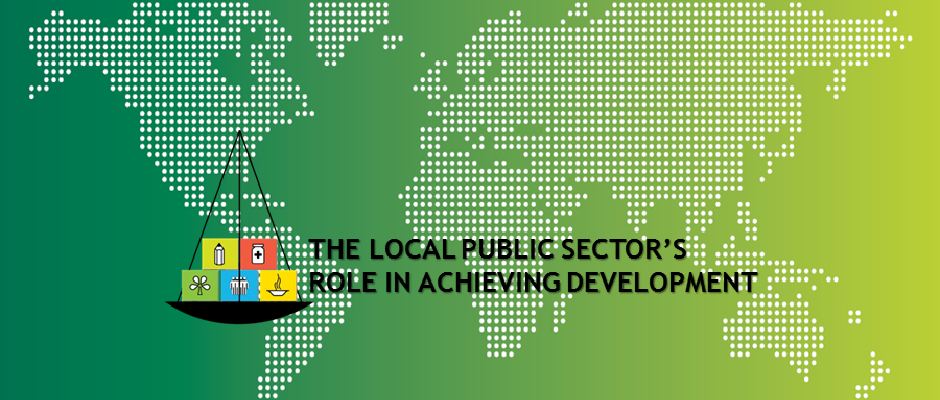
As the 2015 deadline for achieving the Millennium Development Goals approaches, the global development community has engaged in significant debate about the scope, details and implementation of a new, post-2015 sustainable development agenda. In recognition of the fact that key pro-poor services are delivered at the local level, one of the thematic elements of the discussion surrounding the post-2015 agenda has been the “localization” of the sustainable development goals.
With this in mind, the Development Partners Working Group on Decentralization and Local Governance (DeLoG) in partnership with the Urban Institute Center on International Development and Governance engaged in an empirical stock-taking exercise to assess the contribution of local governments (and the local public sector more broadly) in achieving global development goals. The study is based on an analysis of health and education expenditures in 29 countries.
As the first study of its kind, the analysis considers not only devolved sectoral expenditures, but also deconcentrated and delegated expenditures, as well as direct support by central line ministries in the delivery of front-line service. The main conclusions of this groundbreaking research include:
- Two-thirds of the local public sector in developing countries is hidden. The analysis of the multi-country dataset reveals that countries typically rely on multiple models of decentralization at the same time in the delivery of health and education services and that local government expenditures account for only one-third of local public sector spending in the examined countries. By focusing exclusively on devolved expenditures, previous research has overlooked up to two-thirds of all local public sector expenditures on health and education. The analysis further reveals that countries that spend less on public services through devolved mechanisms tend to make up the difference by spending more on local service provision via other modalities of decentralization or localization.
- Localization plays an important role in achieving development objectives. The analysis convincingly shows that there is a clear positive relationship between localized sectoral spending and sector outcomes in health and education: countries that spend a greater share of sectoral resources at the local level tend to perform better on key development indicators in health and education, including their literacy rate and the under-five mortality rate.
- Local governments in many developing countries lack meaningful autonomy. While the study confirmed the important role of localized spending in achieving better development outcomes, the analysis was not able to conclusively determine whether local government spending has a bigger (or smaller) impact on sectoral development outcomes when compared to non-localized spending. The lack of meaningful local government control over the delivery of localized services in many developing countries limits the ability of local governments to effectively contribute to stronger development outcomes at the local level.
Follow these links to read the complete study report (PDF; 4.2 MB).



